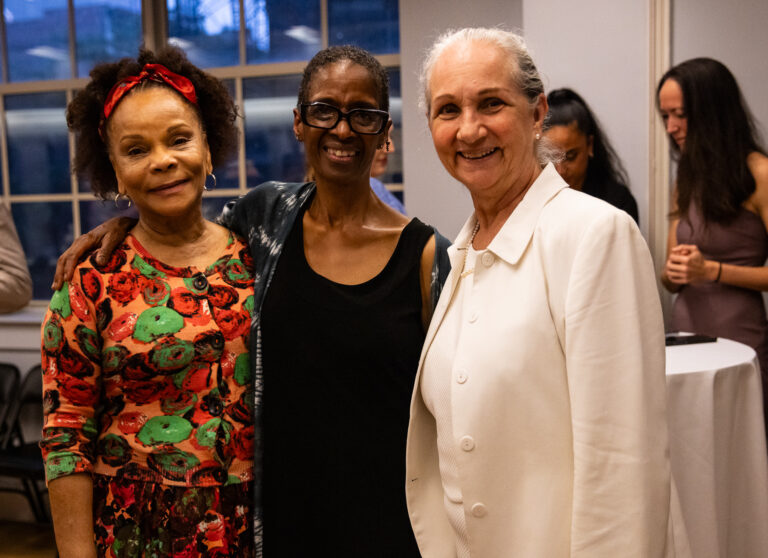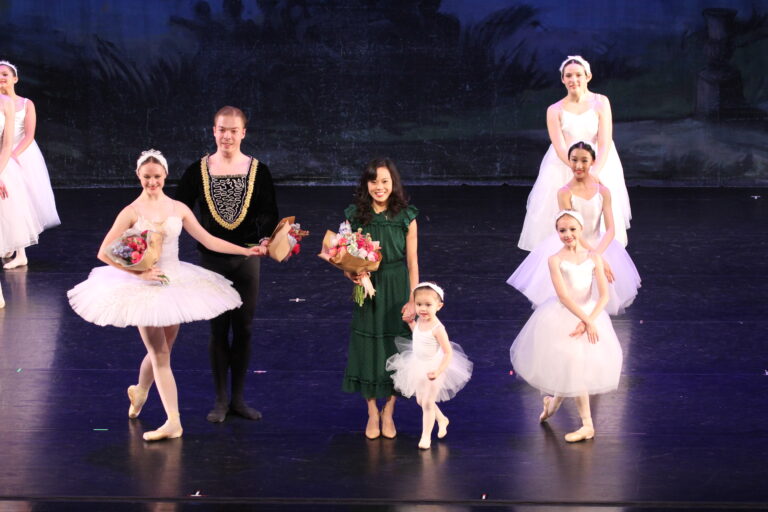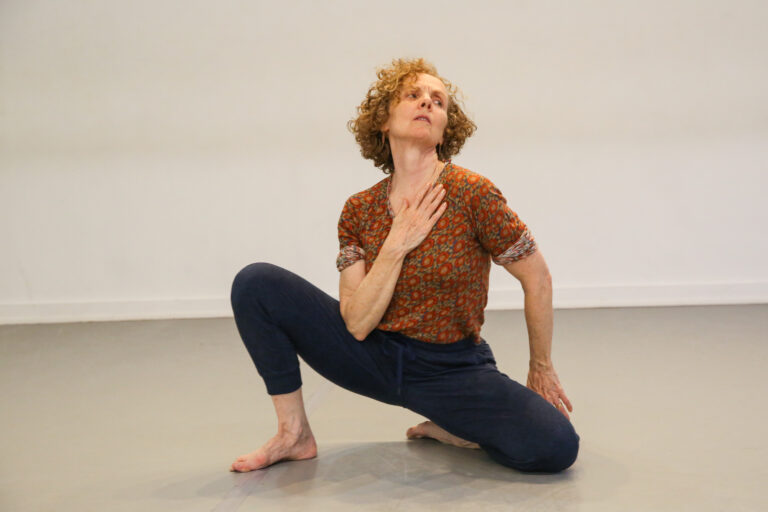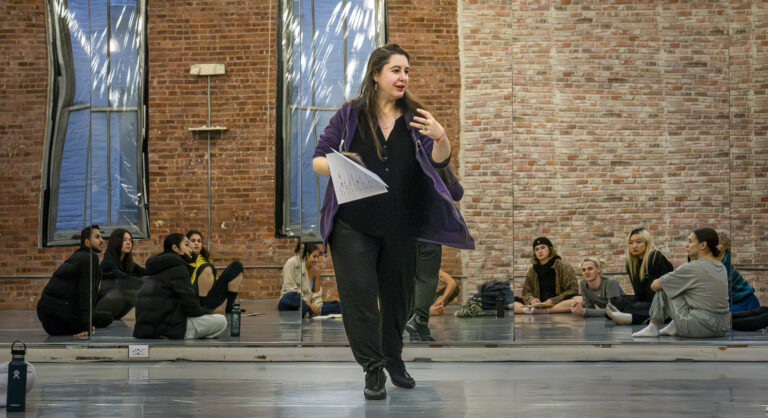
The new year is a busy time for dance educators: Auditions have begun, recital planning is well-underway, and summer schedules are in the works to prepare for intensives. For some, the new year is also a time for new beginnings when goal setting offers opportunities for career advancement and resolutions. But when coupled with the familiar “New Year, New You” mindset that bombards our social feeds, seemingly harmless resolutions can induce a great deal of overwhelm by January 31. For dance educators, dieting, as a tool to manipulate body weight, shape or size is one such example.
Diet trends like detoxes and cleanses become most enticing for those wanting a new-year restart. Less obvious but also restrictive lifestyles (like “clean” eating) follow suit—all of which reflect unsustainable routines that ultimately lead to disappointment when supposed progress is not achieved.
Resolutions—even those food-related—can serve as motivation, but the key is to make sure they’re practical. Before we consider approaches to support your year, let’s discuss three reasons to steer clear of those very impractical restrictive regimens.
Diets Don’t Work
If you’re tempted to restrict your diet for the purpose of changing your body, then here’s a stat to jot down: Up to two-thirds of dieters gain back the weight they lost, plus some. Also, achieving a lower body weight or striving for weight loss is not always one’s ticket to health and happiness. In fact, repeat dieting (commonly known as yo-yo dieting) is associated with adverse health effects and known to set the stage for declines in mental health, with up to 35 percent of dieters eventually developing disordered eating.
You’re Likely to Struggle With Self-Confidence
There’s a common denominator for much of the food- and body-related struggles experienced by dancers and dance educators alike: disordered eating. Since dieting is normalized in our culture, disordered eating can be hard to identify, but key red flags include appetite dysregulation (difficulty in identifying and honoring hunger and fullness cues), in addition to a preoccupation with food and one’s body. These daily disruptions make it hard to navigate eating experiences without self-doubt.
You’ll Risk Injuries
Inadequate fueling plans lead to undereating and nutrient deficiencies. If you’re not eating enough calories to support both your body’s metabolic needs and physical activity levels, then hormonal shifts will impede your ability to maintain strong bones. The negative implications of dieting span further with limitations in one’s capacity to concentrate, along with declines in overall performance potential.
A Better Approach for Dance Educators
If you’re thinking about dieting, or perhaps you’ve already started, then consider this prompt: Do these behaviors feel sustainable for the long-term? In my work with dancers and dance educators, a better alternative is always to choose an approach that utilizes the principles of performance nutrition while also prioritizing food flexibility and food accessibility. Meal planning can help educators incorporate a variety of balanced meals and snacks throughout their day—those of which are abundant in a spectrum of macronutrients and micronutrients while considering the foods most accessible.
Educators who are looking to build sustainable habits at meal and snack times should consult with a registered dietitian who is equipped to understand the unique demands experienced within the dance world. Especially during this time of year, educators can set the stage with an adequate fueling plan that supports performance goals and career advancement for the year ahead.





